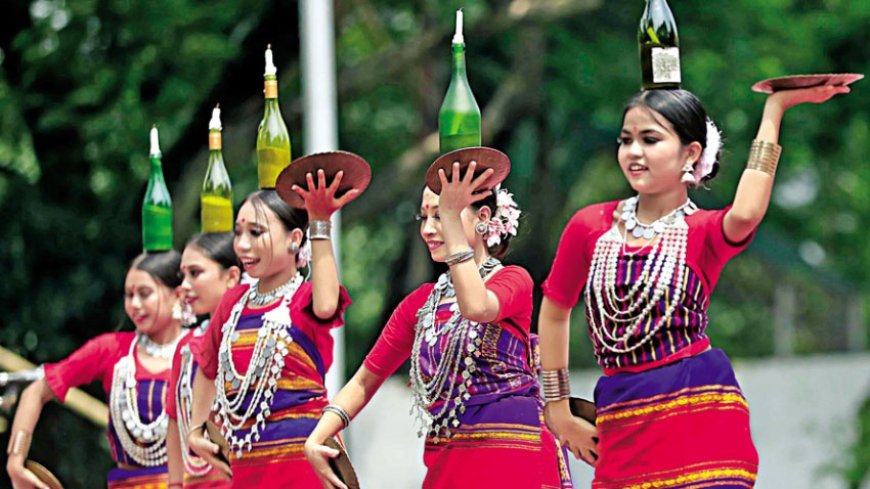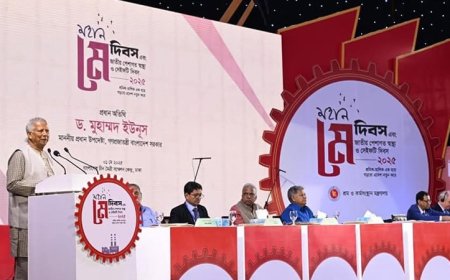Safeguarding Bangladesh’s Indigenous Heritage — Rights, Recognition, and Renewal
Safeguarding Bangladesh’s Indigenous Heritage — Rights, Recognition, and Renewal

The International Day of the World’s Indigenous Peoples, observed on August 9, 2025, casts a vital spotlight on the rich heritage, rights, and ongoing struggles of Indigenous communities worldwide — including those in Bangladesh.
This year’s theme, “Indigenous Peoples and AI: Defending Rights, Shaping Futures,” underscores the need to safeguard Indigenous rights while engaging with emerging technologies to secure their place in the future. In Bangladesh — a nation of striking ethnic and linguistic diversity — more than 54 distinct Indigenous groups speak over 35 languages. Concentrated mainly in the Chittagong Hill Tracts and various flatland districts, these communities have preserved ancient traditions, languages, craftsmanship, and environmental stewardship practices that form an essential part of the country’s cultural identity.
Despite these contributions, Indigenous peoples in Bangladesh continue to face entrenched challenges: cultural marginalisation, land dispossession, and limited access to education, healthcare, and other basic resources. Their languages and cultural identities are increasingly under strain from dominant sociopolitical currents that privilege Bangla language and culture.
Across Bangladesh, this year’s International Indigenous Day was marked by discussions, cultural exhibitions, and rallies — from major events in Dhaka to celebrations in regional centres — all designed to honour Indigenous heritage and draw attention to the need for stronger rights protections. These initiatives also stressed the importance of Indigenous participation in shaping the development policies that directly affect their communities.
Yet, even with periodic government recognition, significant shortcomings persist. One telling example is the Ethnological Museum in Chittagong — the first and only museum of its kind in Asia dedicated to Bangladesh’s diverse ethnic groups. Founded in the 1960s with the potential to serve as a leading cultural and educational hub, the museum now suffers from neglect, with deteriorating infrastructure, poorly maintained exhibits, and minimal public outreach. Inadequate funding, space limitations, and lack of conservation efforts undermine its ability to showcase and protect artefacts that embody Indigenous history and knowledge.
This neglect mirrors a broader national pattern in which Indigenous histories and contributions remain undervalued, despite their centrality to Bangladesh’s identity and diversity. Achieving sustainable development and genuine rights protections for Indigenous peoples will require systemic change — grounded in respect for their cultural heritage, inclusive policymaking, and proactive measures to safeguard languages, traditions, and knowledge systems.
The 2025 observance of International Indigenous Peoples Day in Bangladesh captured both the resilience and the significance of these communities as custodians of cultural continuity. But it also laid bare pressing challenges — from policy gaps to institutional decline — that must be addressed. As the theme reminds us, defending Indigenous rights and shaping inclusive futures is not just an Indigenous issue; it is vital for the richness, unity, and progress of the nation as a whole.
What's Your Reaction?



















































































